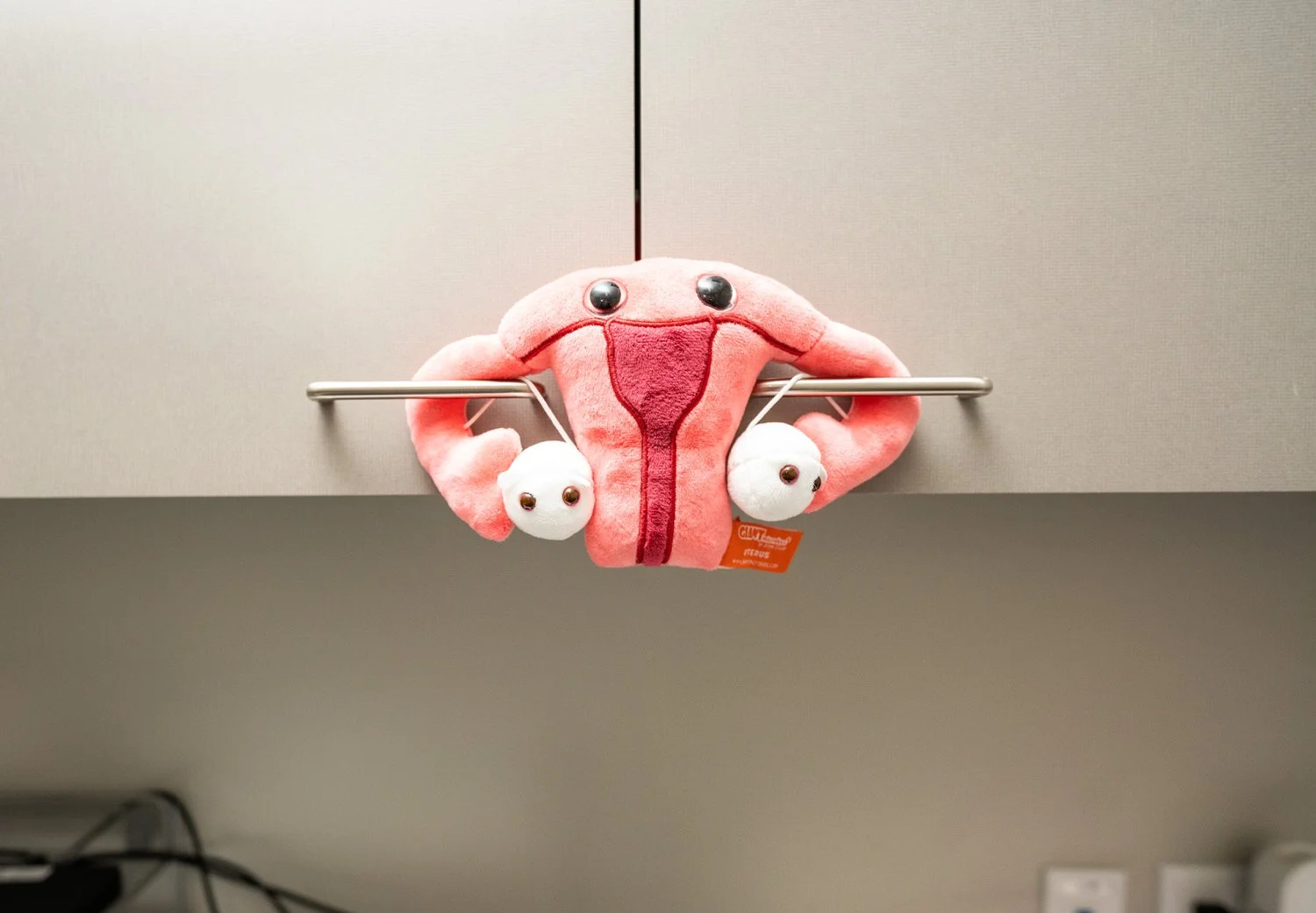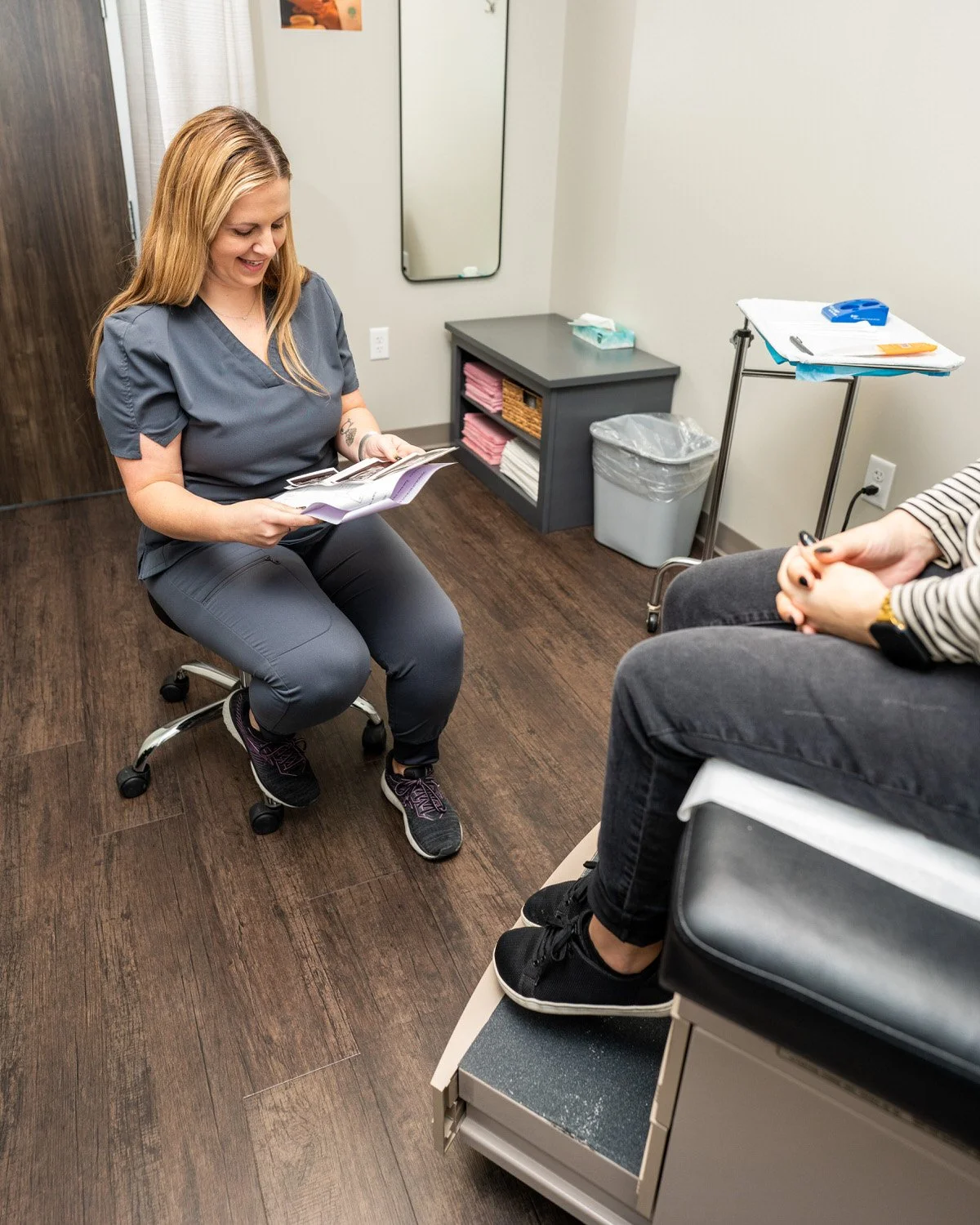Abnormal Uterine Bleeding
Willow OBGYN
Obstetrics & Gynecology located in San Antonio, TX
Light bleeding just before your menstrual period is common, but abnormal uterine bleeding may be a sign of a severe underlying problem like cancer or fibroids. Skilled OB/GYN Kelly Morales, MD diagnoses and treats abnormal uterine bleeding (AUB) at her private practice in San Antonio. If you notice bleeding you think may be abnormal, call or book an appointment online right away.
Abnormal Uterine Bleeding Q & A
What is a normal menstrual cycle?
Normal menstrual cycles range from 24-38 days, with up to eight days of bleeding. When a girl first starts her period, around ages 9-14, irregular cycles are more common. Women going through menopause -- in their 40s through 50s -- also frequently skip periods or experience heavier or lighter bleeding than usual.
When is vaginal bleeding considered abnormal?
Abnormal uterine bleeding (AUB) involves bleeding in unusual situations, such as:
In between periods
After sex
After menopause
AUB may also involve your menstrual cycle, including:
Heavy bleeding during your period
Cycles longer than 38 days
Cycles shorter than 24 days
Cycles that vary in length by more than seven days
What causes abnormal uterine bleeding?
One of the most common causes of AUB is a hormonal imbalance. That often occurs in women approaching menopause or taking hormonal contraception, such as the birth control pill.
Other times, AUB is a symptom of an underlying medical problem, such as:
Polycystic ovary syndrome (PCOS)
Uterine fibroids or polyps
Extreme weight loss or gain
Ectopic pregnancy
Miscarriage
Uterine cancer
Problems with ovulation
Bleeding disorders
How do you diagnose abnormal uterine bleeding?
If you’re experiencing abnormal bleeding, it’s helpful for Dr. Morales to have information about your menstrual cycle, such as the dates, length, and type of flow. It’s easy to keep track of this information in a calendar or app on your phone so that you can bring it to your appointment.
Dr. Morales begins with a comprehensive physical and pelvic exam. She reviews your medical history and information about your menstrual cycles. She may take blood and urine tests to check for hormonal imbalances or pregnancy.
Depending on your particular situation, she may recommend additional tests, such as:
Pelvic ultrasound
Hysteroscopy
Biopsy of uterine tissue
How do you treat abnormal uterine bleeding?
After Dr. Morales discovers the cause of your AUB, she recommends the best treatment for your condition. This varies depending on your diagnosis, but may include:
Hormonal birth control methods
Hormone therapy
Nonsteroidal anti-inflammatory drugs
If your condition is severe or doesn’t respond to medications, Dr. Morales may recommend surgery. She’s an expert in minimally invasive surgery and has extensive experience in a wide range of gynecological procedures, including da Vinci® robotic surgery.
Medical conditions that cause AUB are easier to treat when caught early. If you’re experiencing AUB, don’t hesitate — call or book an appointment online today.
““I’m so glad to have found Dr. Morales. She’s easy to talk to, compassionate, thorough, and is truly focused on her patients. My previous OB/Gyn wasn’t great with listening and was even dismissive on some concerns. I found Dr. Morales after deciding to look for a new OB/Gyn that was willing to listen and wish I had found her sooner.””

















